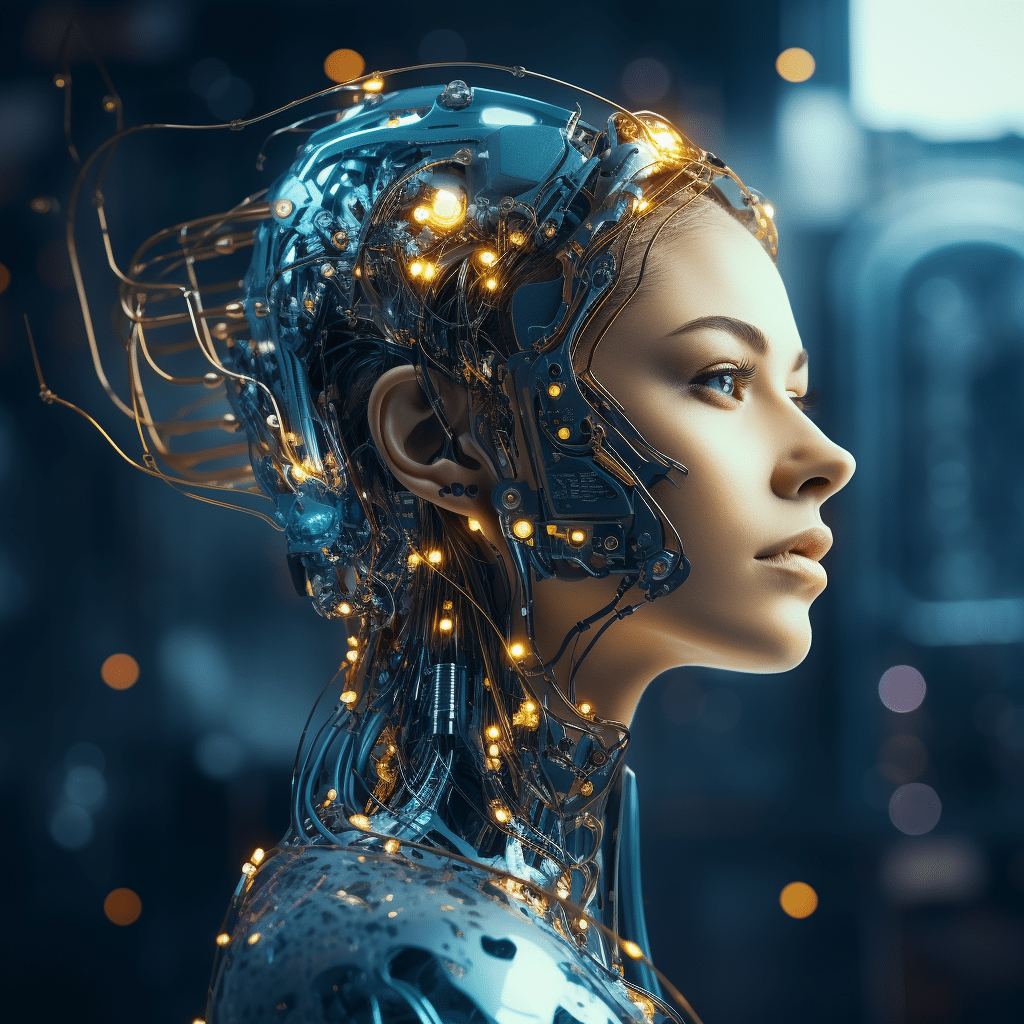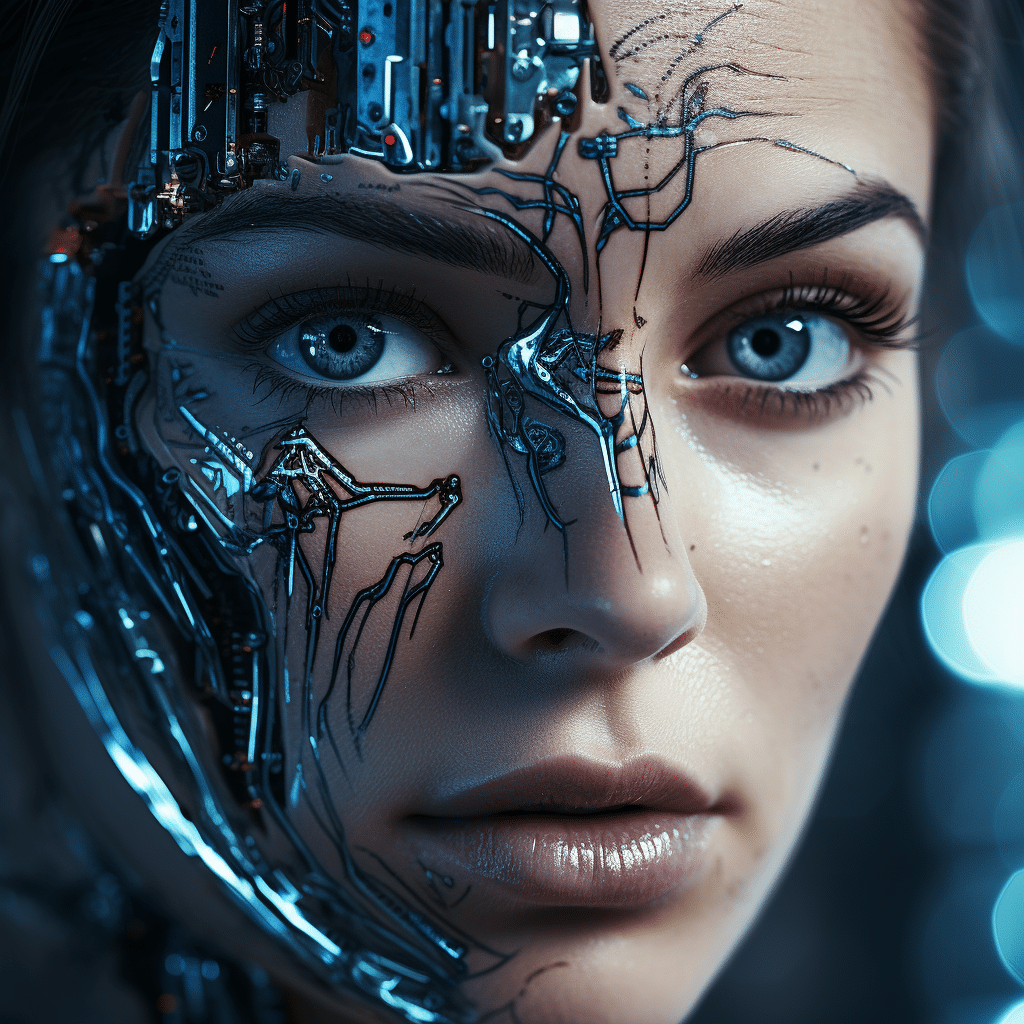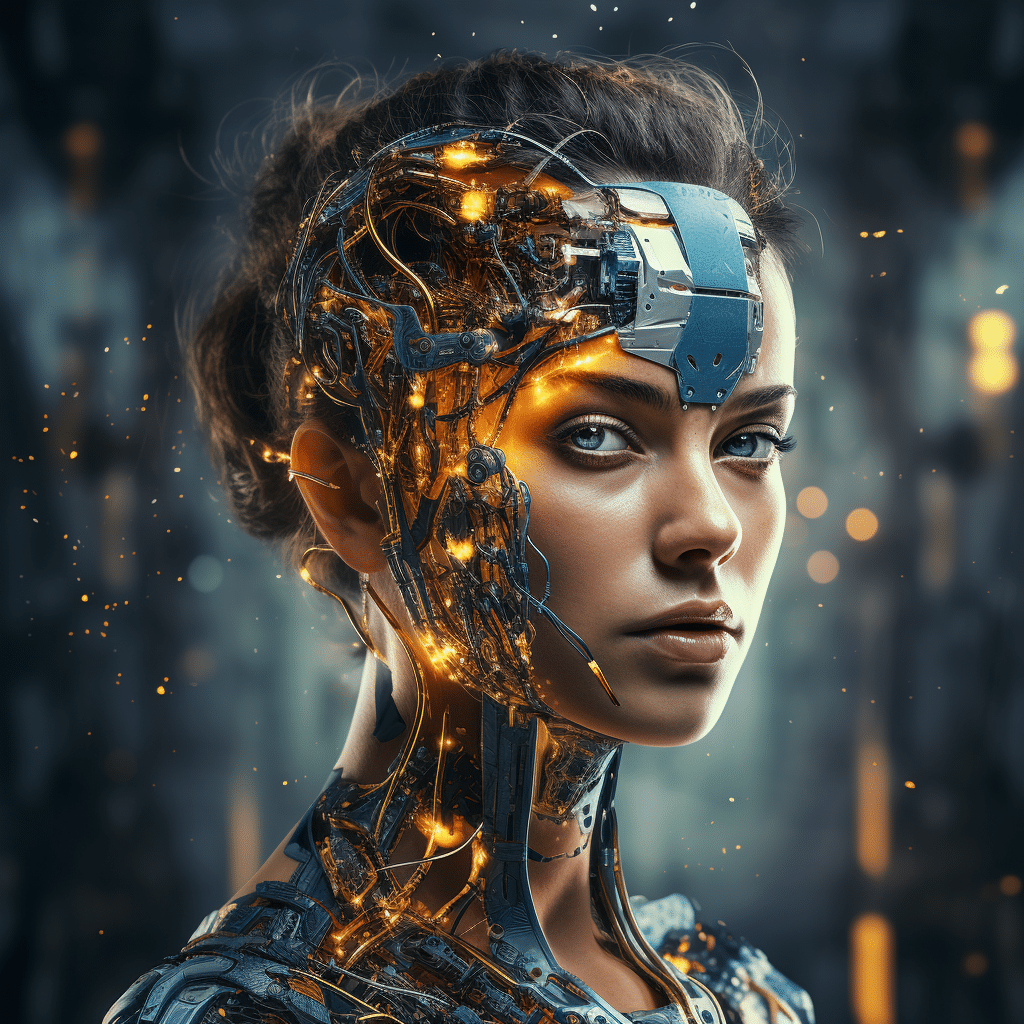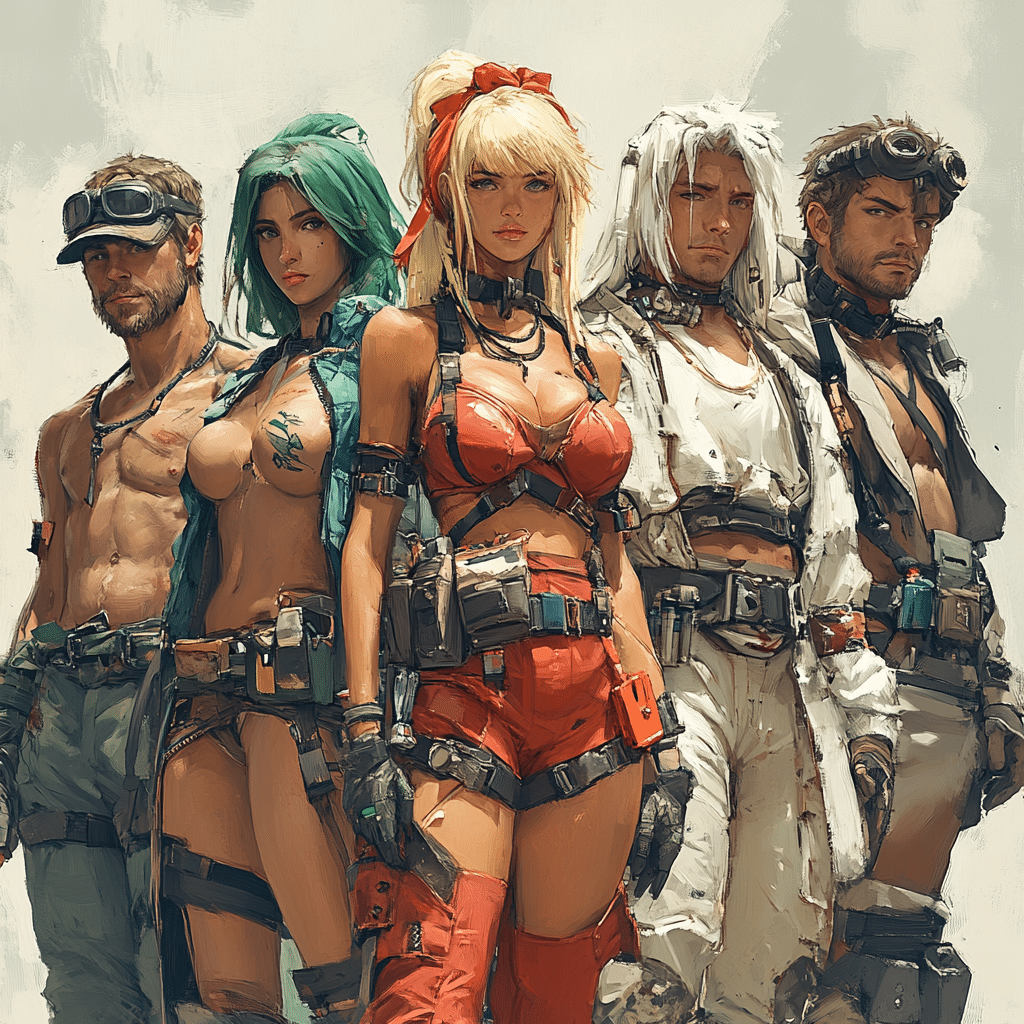Omnipresence of AI: Untangling Its Multifarious Uses
Artificial Intelligence, often shortened to AI, is no longer an element of science fiction. Its astounding presence everywhere, from our pockets to plants, has amplified the mainstream vernacular’s co-op meaning. “Co-op” is a term usually associated with cooperative societies (source), symbolizing collective effort. Today, however, cooperation extends to humans and technology, particularly AI, synergizing to revolutionize varied aspects of our living.
A Prelude to the 10 Key Uses of Artificial Intelligence
From anticipating our needs and improving our health to transforming industries, the brilliant uses of artificial intelligence are all-encompassing. Here, we attempt to synopsize the advance of AI.
Understanding AI uses is synonymous with staying current and being proactive in implementing beneficial advancements within our realities. The far-reaching importance of AI is more apparent today than ever (source). Whether it’s your smartphone’s personal assistant scheduling your day or a sophisticated AI system augmenting manufacturing efficiency, advanced AI uses are drastically molding societal landscapes everywhere.
Uses of AI in Nurturing our Health and Wellness
From personalizing treatment plans to streamlining disease prediction and prevention, AI applications play a paramount role in improving human health.
Imagine a world where a doctor could tailor your treatment based not only on your symptoms and medical history but also on processing millions of data points from patients around the globe. The powerful pattern-recognition capabilities of AI – from deciphering symptoms to scanning medical literature – have immense potential in triaging care, crafting more precise treatments, and fostering prevention strategies.
For instance, AI advancements even permit predicting potential outbreak spots the way we witnessed it playing a pivotal part in expediting the development of vaccines during the Covid-19 pandemic (source).
Artificial intelligence’s consultation is also instrumental in mental health care, where AI’s ability to gauge patterns in speech and text can detect early signs of mental health issues. Personalized AI therapy apps with empathetic chatbots offer support and alleviate users’ emotional burden, showing how these technological wizards are literal lifesavers!
Research Findings: AI’s Influential Role in the Healthcare Sector
AI’s role in the healthcare sector can be notable when comparing modern healthcare practices to a time before AI was prevalent. AI influence is broadly apparent in diagnostic accuracy, treatment safety, medical research acceleration, and administrative efficiency. Today, AI-powered disinfectant robots roam hospital corridors, language-processing algorithms assist in scanning patient notes, and machine learning models help assess disease risk.
AI’s use in formulating personalized medicine and therapy, monitoring patient health, and predicting disease outbreaks has allowed healthcare professionals to make more informed decisions and strategize patient care more effectively.

| Sector | Use of AI | Benefits | Date |
|---|---|---|---|
| Personal Use | Siri, Google Assistant, Amazon Alexa: personal assistants, setting reminders, controlling smart home devices | Ease of communication, time-saving, hands-free operations | Mar 23, 2023 |
| Manufacturing | Workforce planning, product design, operations control | Increased efficiency, improved product quality, enhanced employee safety | Mar 23, 2023 |
| Business | Managing repetitive tasks, assisting in creative solutions & problem-solving | Improved productivity, focus on impactful work | Aug 30, 2023 |
| Research | Data analysis, finding patterns and anomalies | Better understanding of galaxies to vaccine development | Jul 24, 2023 |
AI Uses Deepening the Digital Interface Experience
The digital world is heavily leaning on artificial intelligence to enhance user interface interaction, demonstrated by AI chatbots and customized consumer experiences.
Chatbots are no longer the rudimentary text-based interfaces of the past. Present-day AI chatbots, like Google Assistant, Siri, or Amazon Alexa, can perform a plethora of tasks, such as setting reminders, controlling smart home devices, and even managing your entertainment choices (source: see Mar 23, 2023 information). They epitomize high-tier interaction and engagement in their human-like communication abilities. Supposedly, the beautiful Brazilian actress Bruna Marquezine cherished interacting with these AI personas so much during lockdown that she claimed it as her favorite pastime! More about it here.
AI is also improving user experiences by predicting our preferences – be it your next TV binge, suggested retail purchases, or even curated news feed. By harnessing extensive datasets, AI eliminates the one-size-fits-all blueprint, offering a more immersive digital journey.
Scrutinizing the Role of AI in Enhancing User Interaction: An Analysis
Analyzing AI’s transformative impact on user interaction involves delving into metrics concerning customer engagement, retention, and satisfaction rates. Advancements in AI have notably blurred the lines between human and AI interactions, making interactions more humanlike than ever.
AI algorithms can process vast amounts of data from user interactions, scrutinize these inputs, learn from them, and incrementally enhance the interaction quality. AI-powered analytics offer a granular understanding of consumer behavior and preferences, allowing for more focused and relevant engagements.
The Industrial Uses of Artificial Intelligence: Automation and More
The reach of AI in the industrial realm is broad and impressive. Artificial intelligence is primarily regarded for its role in streamlining manufacturing processes, but its use can also be seen in predictive maintenance.
AI employs multiple layers of operations in manufacturing, from workforce planning to product design, fueling efficiency, improving product quality, and championing employee safety (source: see manufacturing-related information). Use of AI for predictive maintenance is another area where Artificial intelligence is redefining operational efficiency. For very sensitive industrial machinery, AI’s predictive analysis can anticipate and mitigate potential mechanical issues, thus saving millions through the avoidance of unscheduled downtime and expensive repair or replacements.
Study of AI’s Impact on Industry Efficiency
Manufacturing industries today markedly differ from their pre-AI era counterparts. AI propels industry efficiency by automating repetitive tasks, enabling employees to concentrate on problem-solving and impactful work (source: see Aug 30, 2023 information).
The role of AI fundamentally alters industrial workflows, enabling better resource allocation, reducing human error, and fostering greater productivity. Integration of AI isn’t just a competition for industries today but, arguably, a prerequisite for survival.

AI Uses in Advancing Our Daily Lifestyle
From booking cabs to suggesting entertainment, AI’s intuitive nature redefines our routine, transcending the realm of practical tasks to affecting lifestyle choices.
With smart home systems that play your favorite music at your command and AI-powered cars that can predict and prevent accidents, AI’s omnipresent role in home and transportation advances safety and convenience.
Additionally, personalized recommendations are another domain where AI use has drastically morphed retail experiences. AI’s role doesn’t stop at suggesting our next read or our next outfit; it ventures into taste preferences in restaurants and even deals with potential vacation destinations.
Insights into the AI-Driven Transformations in Lifestyle
The new-age lifestyle has AI’s stamp all over it. As data from our activities pour in, AI algorithms learn more about our patterns, likes, dislikes, and more to further align products and experiences with individual preferences.
Whether it’s your smartwatch predicting your next fitness regimen or an AI-driven app suggesting dinner ideas based on your diet, AI-driven experiences invigorate our lives with personalization and promptness.
Environmental Stewardship: Uses of AI for a Sustainable Future
The application of AI isn’t confined to augmenting economic or societal benefits – it seeps into our environmental needs and challenges too. By employing AI in monitoring climate change and driving conservation efforts, technology is stepping into stewardship roles.
Predictive models fed with enormous environmental datasets can help identify climate change patterns with more accuracy and speed and can project potential impacts to devise effective mitigation strategies. Conservation initiatives too, go beyond human efforts. AI applications are assisting in tracking wildlife populations, understanding their behaviors, and formulating impactful conservation strategies, emphasizing their role in ensuring a sustainable future.
Comprehensive Analysis of AI’s Contributions to Environmental Sustainability
For a comprehensive analysis of AI in environmental sustainability, we need to examine its contributions from the lens of research findings. An AI’s ability to process immense amounts of information has proven valuable in investigating complex systems, such as weather patterns and earth ecosystems (source: see Jul 24, 2023 information).
Robotic drones, powered by machine learning algorithms, monitor biodiversity as well as environmental degradation. They aid in real-time detection of forest fires or unregulated deforestation, ensuring rapid responses and robust action towards conservation efforts.

Unveiling the Future: Tomorrow’s Uses of AI in Focus
As AI’s humbling strides mark our present, we can barely wait to unfold its future possibilities. Future uses of AI are likely to explore untouched territories bringing prosperity and positive changes in years to come.
From the use of AI in innovative scientific research to spearheading niches like quantum computing and theoretical physics, we’re standing on the shores of AI’s potential ocean. We’re journeying towards integrated ecosystems, where AI will redefine governmental policies, legal systems, and even socio-cultural dynamics. To take a peek into the plausible AI future, check This out.
Reflections on the AI Evolution: Perceptions and Prospects
As our medical kits get ICT implants and chatbot sarcasm induces laughter, it’s evident we’ve come a long way with AI. From its humble beginnings in the mid-20th century theoretical propositions to becoming the indispensable reality of today, the role of AI has evolved exponentially.
In this parallel growth of human and artificial intelligence, the future is likely to unearth more uses of AI, and their impacts – positive and negative; desired and unintended. And while we relish AI’s convenience, let’s not forget our responsibility – to steer it constructively, responsibly, and ethically.
Our love for AI is bulletproof, barring it doesn’t fire back. Understanding AI’s multifaceted uses is undeniably vital for this thriving future we envision. And as we navigate this promising but challenging terrain, we’re sure to unearth treasures that will make the pandora’s box of AI seem miniscule by comparison. Now, that’s both a thrilling and terrifying thought!
How is AI used in everyday life?
Phew! AI, or artificial intelligence, seeps into our day-to-day lives in myriad ways, folks! From Google’s search predictions to Netflix’s recommendation engine, to the good ole Siri on your iPhones, AI’s everywhere. It’s like an invisible helping hand that nudges us subtly along as we navigate this crowded digital cosmos.
Who uses AI the most?
Moving on, corporations and industries, without a doubt, leverage AI the most. This is a no-brainer really! AI’s used for automating tasks, analyzing data, improving customer experience, and so much more. We’re talking about a beast of burden in the digital age!
How does AI help us work?
In terms of work, AI is a bona fide game-changer, folks! It not only boosts productivity by automating mundane tasks but also provides valuable insights to help decision-making. It’s like having a personal assistant who never gets tired!
How has AI changed the world?
AI’s transformed the world in countless ways–take a peek at the healthcare industry, land of AI-driven diagnostics, automated surgeries, and personalized treatments. It’s as if the future sprang up right in front of our very eyes!
How is AI being used in society?
Broadly speaking, AI’s been woven into the fabric of our society, enhancing everything from social media interactions to traffic control, and from climate predictions to crime detection. It’s almost like magic, but real!
Is Alexa an AI device?
Yes, Alexa is indeed an AI device! It’s a voice-controlled virtual assistant developed by Amazon. It’s like that friend who knows a wee bit about everything and is always keen to help.
Who is the smartest AI in this world?
The title for the ‘smartest AI’? It’s subjective, mates! However, IBM’s Watson often takes the throne. It’s like the Einstein of the AI world, famous for winning Jeopardy against human contestants!
What is the most commonly used type of AI today?
Now, the most common type of AI used today is machine learning, specifically supervised learning. In layman’s terms, it’s like a kid that learns from examples and then applies that knowledge.
Why is AI booming now?
AI’s currently booming because of the significant leaps in computational power, data availability, and advancements in learning algorithms. It’s like the stars aligned for this tech revolution!
What are the disadvantages of AI?
However, don’t be fooled, AI isn’t all sunshine and rainbows. There are legitimate concerns of job loss, privacy invasion, and potential misuse. Think of a mad-scientist scenario – except the laboratory is the entire world!
Is AI good or bad for society?
AI’s impact on society can be a two-sided coin. It can be fantastic, improving efficiency, convenience, and even saving lives. Yet, it can also inadvertently brew social, economic, and ethical challenges.
Who invented AI?
The concept of AI was coined by John McCarthy during the Dartmouth Conference in 1956. He’s sort of the godfather of AI, if you will.
Is AI a threat to humanity?
Is AI a threat? Not necessarily, but if misused, it can certainly snowball into one – the Terminator saga anyone?
What can go wrong with AI?
What could go wrong with AI, you ask? Well, from miscalculations causing car crashes in autonomous vehicles to misuse in deepfakes, the pitfalls are plentiful. It’s all fun and games until someone gets hurt, right?
Will AI take over humanity?
Will AI take over humanity? We’re not fortune tellers, but most experts reckon that a total AI takeover remains the stuff of science fiction. Nevertheless, it’s wise to anticipate challenges and plan ahead.
How much AI is used today?
As for AI usage today, mate, it’s horizons are as vast as the Sahara Desert! It’s embedded in a plethora of applications. You’d be hard-pressed to find an area where AI hasn’t dipped its toes.
What are two examples of how generative AI can be used in the real world?
Generative AI, lastly, has numerous real-world applications. It’s handy for composing music – think of an invisible Mozart – and creating realistic video content, like a digital Spielberg!





















